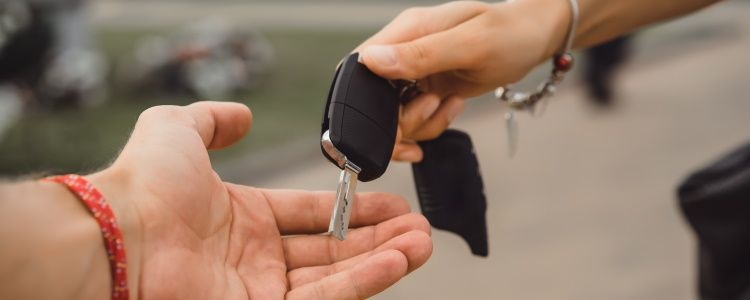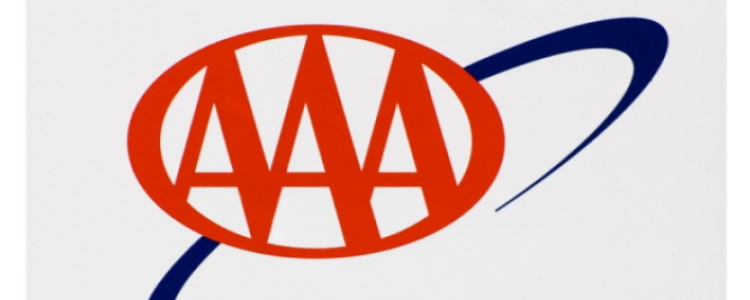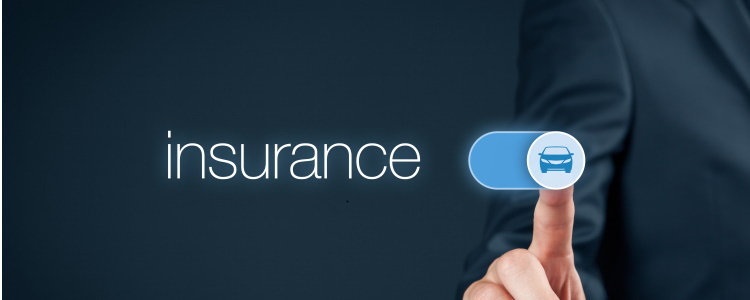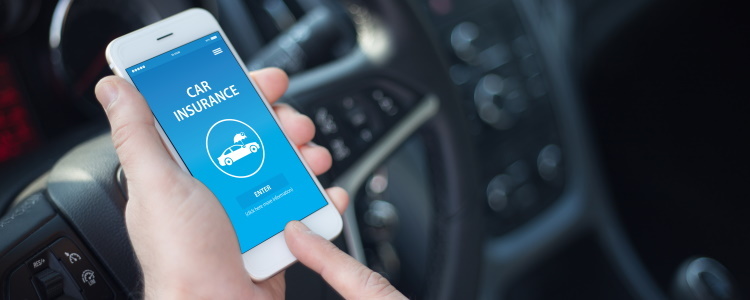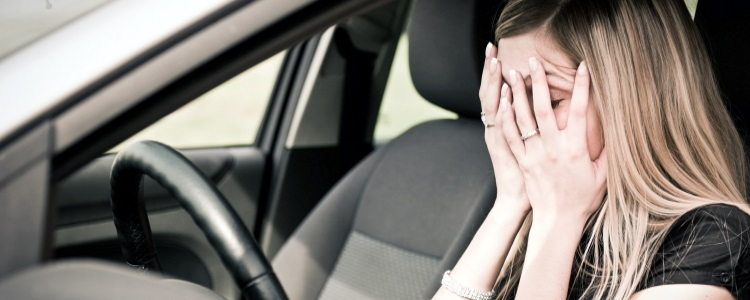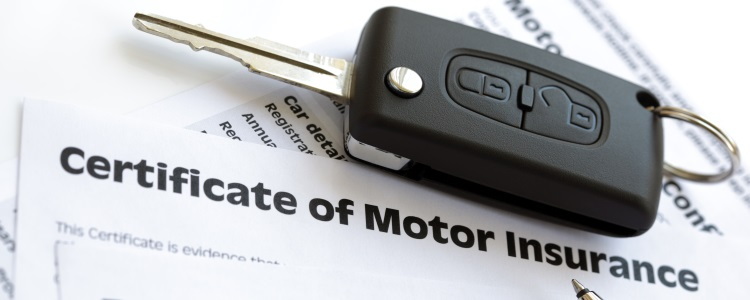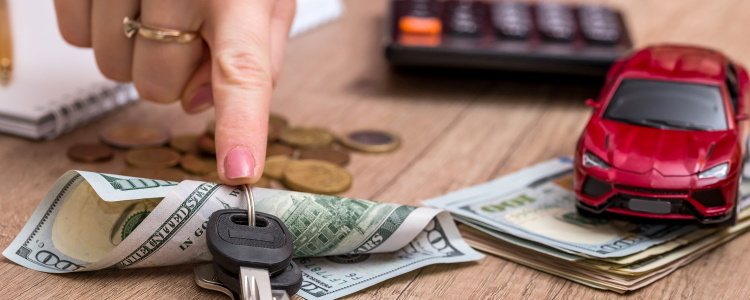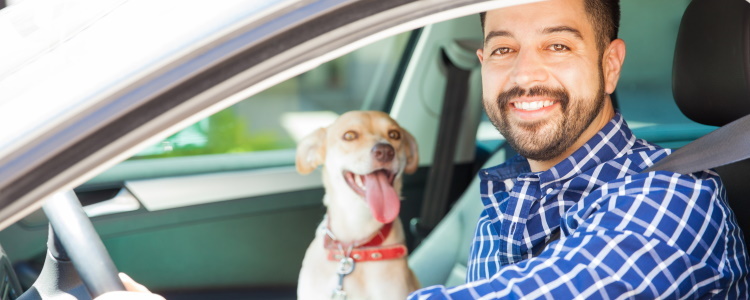It's possible to drive someone else's car regularly, and there are steps you can take to ensure you're legally covered to drive the vehicle. When you’re not the registered owner of a car that you’re driving, there are some risks involved for the legal owner of the vehicle if something unexpected happens to the car.
Why Drive Someone's Car on a Regular Basis?
There are many reasons that someone may be driving another person's car on a regular basis. Maybe you drive your grandparents around town for errands and use their vehicle. Perhaps your car is on its last legs and rising prices are making it difficult to get a vehicle of your own, so you have to share with a parent or sibling. Whatever the reason, it's perfectly legal as long as you have their permission.
Driving Someone Else’s Vehicle and Auto Insurance
In many cases, the vehicle owner can list you as an authorized driver if you regularly use the car. This way, you're covered on the insurance if something like an accident or theft happens while you have the vehicle.
It can also help if you carry your own insurance as a driver. If you drive someone else’s car regularly, say your grandmother's vehicle, you could be the one carrying and paying the insurance. Most insurance companies allow someone other than the legal owner of the car to carry insurance on it but check with your provider and state’s laws to be sure.
Laws and insurance regulations vary by state, and by your policy, so be sure to know what is in your policy before handing over your keys to another driver. If you have any questions regarding someone else regularly driving your car, contact your insurance provider.
Who Pays If Something Happens?
 It’s fine to drive someone else’s car, even regularly, since you don’t have to be the registered owner to drive it. However, some things can get tricky with insurance coverage in the event of an accident.
It’s fine to drive someone else’s car, even regularly, since you don’t have to be the registered owner to drive it. However, some things can get tricky with insurance coverage in the event of an accident.
In a lot of cases, auto insurance is tied to the vehicle itself, not the driver. This means that if you drive someone else’s car regularly and were to get into an accident, the owner of the vehicle would be impacted if they hold the insurance.
The owner of the car and policyholder of the auto insurance is the one that’s going to need to file the claim, face increased rates, and pay for any deductibles.
No-Fault Car Insurance States
Keep in mind that states vary in their laws regarding accidents and insurance. According to Nerdwallet, as of 2022, twelve states are “no-fault” states, that require their insurance coverage to include personal injury protection (PIP). PIP insurance covers the injuries of you and your passengers, regardless of who’s at fault in the accident.
If you live in a no-fault state, such as Michigan, Utah, Florida, or New York, and you’re in an accident while driving someone else’s vehicle, the owner’s insurance policy is going to be billed – even if the accident wasn’t your fault. If you have your own no-fault insurance, it will cover your medical bills, even as a passenger in someone else's car.
As a driver in a no-fault state, you're responsible for filing your own insurance claim no matter who is at fault. In an at-fault state, only the person who caused the accident would file a claim.
What if We Both Have Auto Insurance?
If you have your own auto insurance policy, but you’re in an accident in someone else’s vehicle, the owner’s car insurance is used for claims and damages first. Your policy would likely act as secondary coverage and possibly be used to cover any remaining damages not covered by the owner’s insurance policy.
What if I Get a Ticket in Someone Else’s Car?
Typically, the owner of the vehicle won’t be impacted – traffic tickets are tied to the driver, not the car. So, if you get a ticket while driving someone else’s vehicle, it would be listed under your driver’s license.
If you have your own auto insurance and you get a ticket in your grandmother’s car, your insurance premiums could increase. Check with your state and your insurance company’s policies to learn what may happen if you get a ticket while driving someone else's vehicle.
